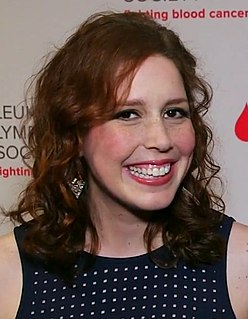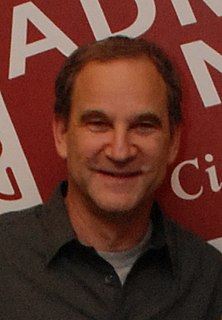A Quote by Dan Brown
Even brilliant scientists Google themselves.
Quote Topics
Related Quotes
The word smart is not applied to all professions, even if you are smart in that profession. No one talks about smart lawyers. They may say a brilliant lawyer. They'll talk about a creative artist. Smart is saved for scientists. It just is. It's not even really applied to medical doctors. It applies to scientists in the lab figuring out what hadn't been figured out before.
I don't think any administration, when they come in, thinks that their job is to tell the scientists what the science looks like or to be quiet about the science. Scientists need to remain true and not allow science to be politicized. Scientists are not politicians, and no politician should consider themselves to be a scientist.
Scientists are people of very dissimilar temperaments doing different things in very different ways. Among scientists are collectors, classifiers and compulsive tidiers-up; many are detectives by temperament and many are explorers; some are artists and others artisans. There are poet-scientists and philosopher-scientists and even a few mystics.
I wish that Google would realize its own power in the cause of free speech. The debate has been often held about Google's role in acceding to the Chinese government's demands to censor search results. Google says that it is better to have a hampered internet than no internet at all. I believe that if the Chinese people were threatened with no Google, they might even rise up and demand free speech - free search and links - from their regime. Google lives and profits by free speech and must use its considerable power to become a better guardian of it.
If you Google some sites about the link between vaccines and autism, you can very quickly find that Google is repeating back to you your view about whether that link exists and not what scientists know, which is that there isn't a link between vaccines and autism. It's a feedback loop that's invisible.



































